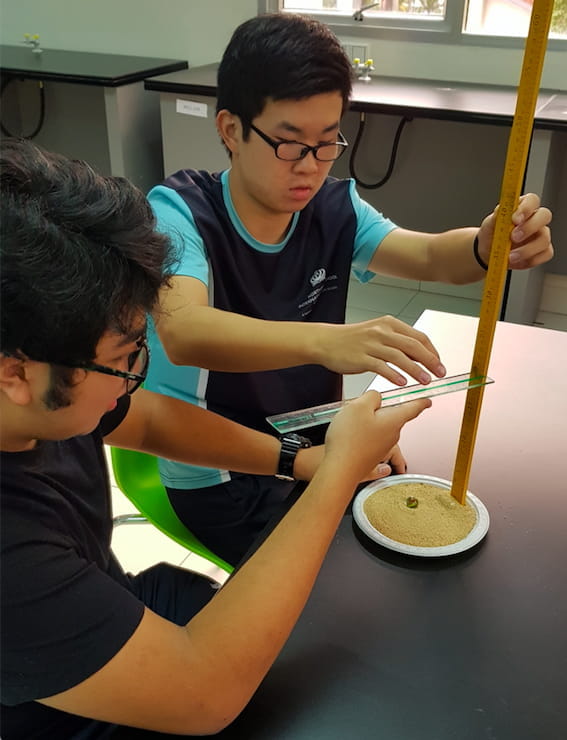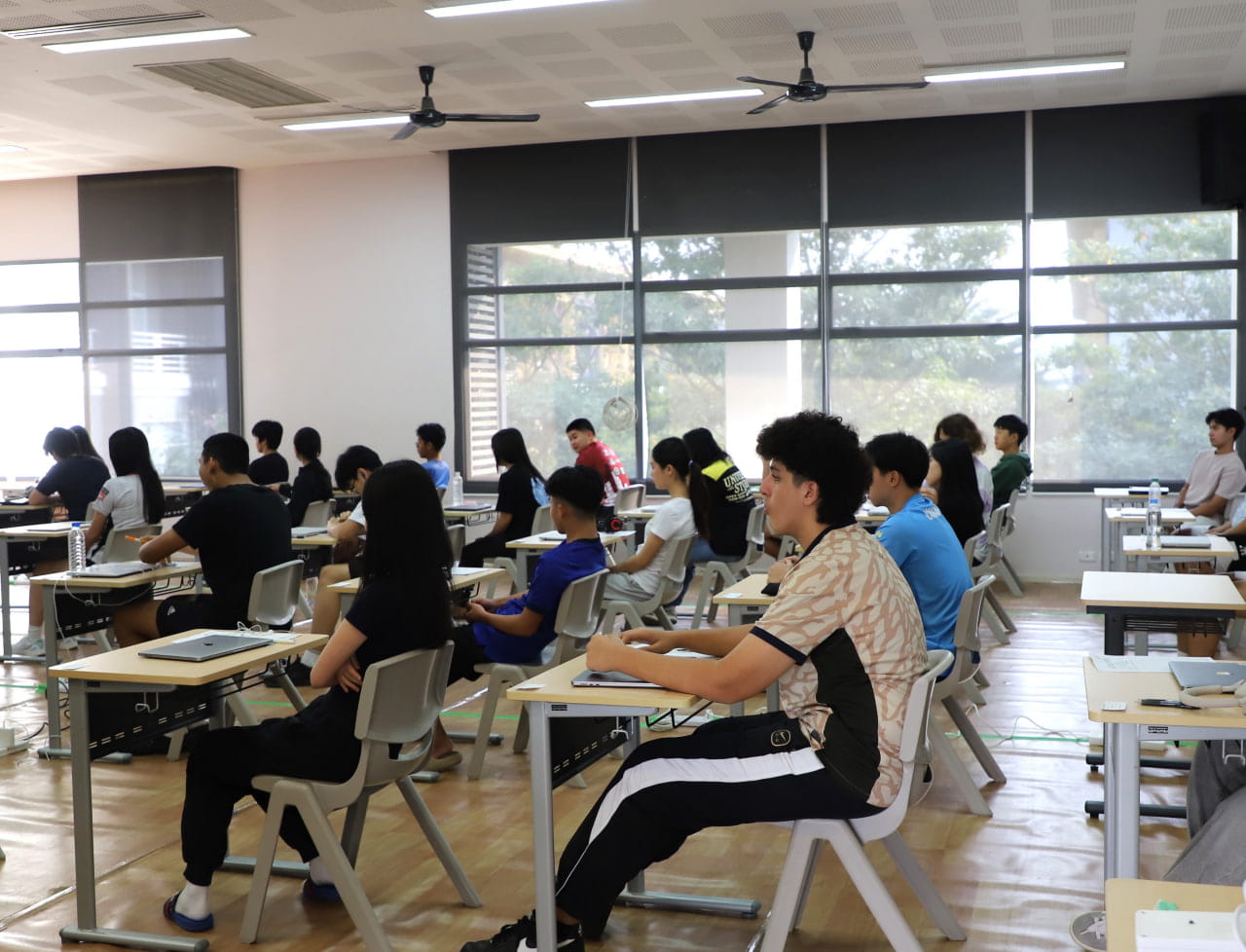Promoting a growth mindset in mathematics Research in education has provided evidence that mindset can affect student achievement in mathematics. Carol Dweck, one of the leading experts in the field of motivation, summarizes the importance of mindset in education.
Research in education has provided evidence that mindset can affect student achievement in mathematics. Carol Dweck, one of the leading experts in the field of motivation, summarizes the importance of mindset in education.

Research in education has provided evidence that mindset can affect student achievement in mathematics. Carol Dweck, one of the leading experts in the field of motivation, summarizes the importance of mindset in education.
She explains that students who believe intelligence can be developed (growth mindset) are at an advantage compared to students who believe intelligence is a fixed characteristic (fixed mindset).
In other words, individuals with a fixed mindset have a false belief that there are people who can do math and people who cannot do math, whereas a growth mindset individual believes everyone can do math.
The infographic below helps illustrate the different types of questions or beliefs students may have, red depicts a fixed mindset, and green reflects a growth mindset.

The mathematics department at Northbridge International School Cambodia encourages students to develop a growth mindset in their approach to learning Math.
Teachers guide students and help motivate them through the mistakes they encounter in both their formative and summative assessments.
Mistakes are important to student learning, as research into how the brain develops has shown that individuals who make mistakes develop more neurons from their mistakes, hence understanding concepts even further.
Here are a few approaches and initiatives developed in the math department which have helped promote and enrich a growth mindset for students at Northbridge.
1. POGIL (process oriented guided inquiry learning) approach to reviewing test material.
In reviewing for their similar and triangle trigonometry test, grade 9 math standard students were divided into groups and assigned roles (manager, spokesperson, recorder and strategy analyst) within the group.
Students were then asked to solve challenging problems that were related to their upcoming test. In each step of the POGIL pedagogy, students ask questions, work collaboratively, take risks and reflect on their mistakes. This activity also enables students to motivate their team members, gain leadership and in turn build on their confidence in math.
2. Teaching students the value of developing math skills by participating in the Math Olympiad LEAP programme.
The goal of this new LEAP programme is to encourage an interest in mathematics while also encouraging them to value intellectual pursuits. The emphasis is not on speed or memorization but rather understanding concepts and algorithms.
The Math Olympiad aims to value skills that develop the ability to think and solve complex problems. It encourages students of all abilities.
Finally, it encourages and develops cooperation, friendship, inspiration, and encouragement to a great degree. It is a great social and intellectual opportunity for students at Northbridge.

3. Students in the Diploma Programme have illustrated a growth mindset in selecting higher level mathematics.
They have demonstrated risk taking by simply enrolling in this very challenging course. Not only are they challenged early on with a new level of complexity, but expectations of critical reading skills can be daunting.
It requires a growth mindset to be successful in a course like this, and students develop long term goals for grades and conceptual understanding.
In order to promote future success in both acquisition of knowledge and applications in problem solving, students deconstruct problems by representing them in multiple forms and looking for consistency of results.
This may include symbolic representations in Algebra, graphical displays using technology, etc. Developing a variety of ways to approach problems helps students build the confidence to explore unfamiliar problems independently.
There is always a way forward. For this reason it becomes an issue of pride that while higher level math students may get knocked down they but do not give in the face of difficult problems.

Furthermore, it is important for parents to continue to promote a growth mindset at home. The list below are some tips to helping develop a growth mindset with your children.
Set achievable micro-goals by practicing structured math problems, with small, frequent goals achieved over a period of time
Emphasize on effort, not intelligence. Praise your child’s effort when they manage to complete a math problem. Explain to them that mistakes are important for brain growth.
Guide children in focusing on and valuing the learning of math. Use their mistakes in the teaching so that children grow comfortable with sharing and learning from each other.
For more information on understanding the importance of a growth mindset in mathematics click here to read Carol Dweck’s research on growth mindset in mathematics.
Another valuable resource is Jo Boaler’s discussion on the importance of making mistakes.











